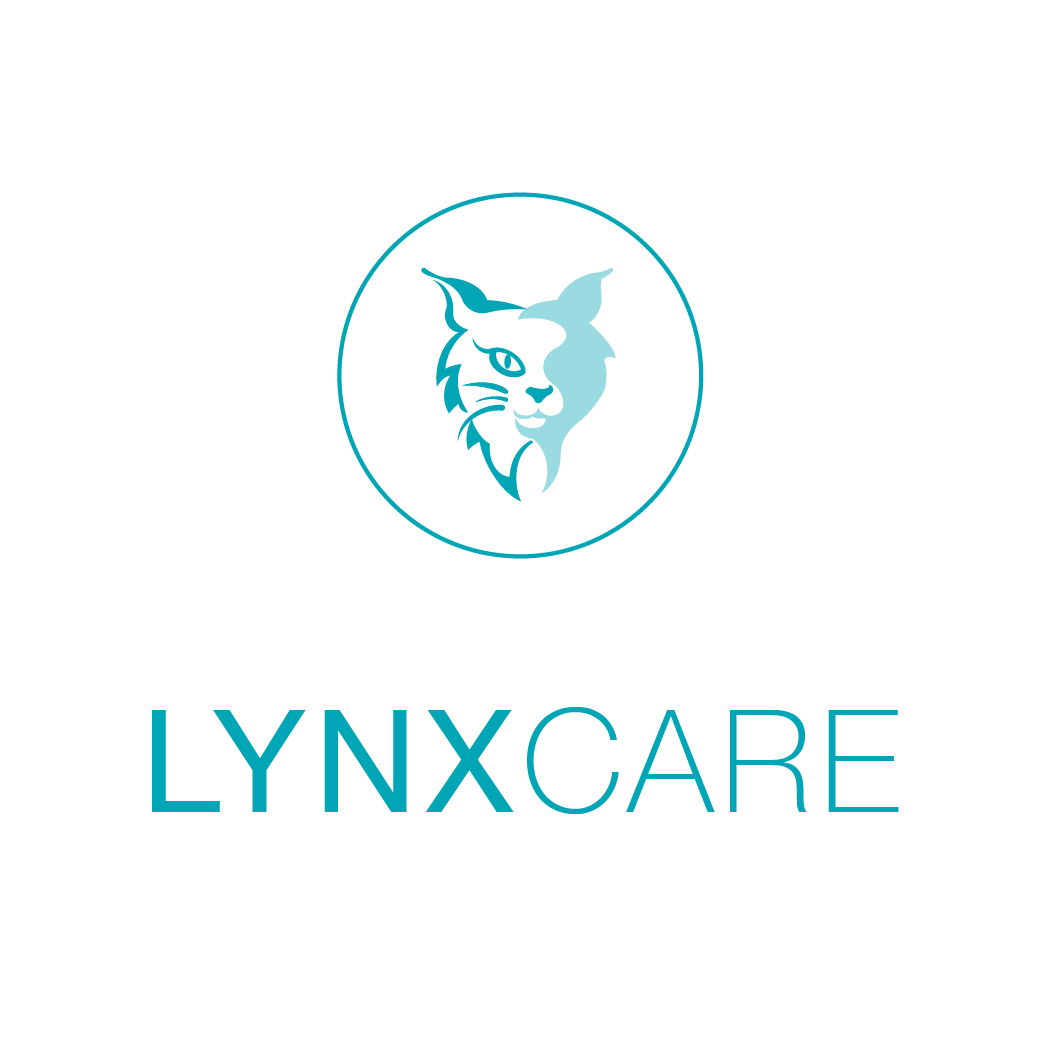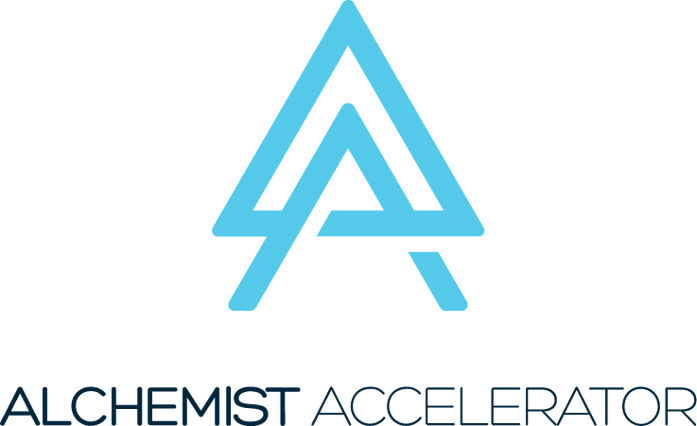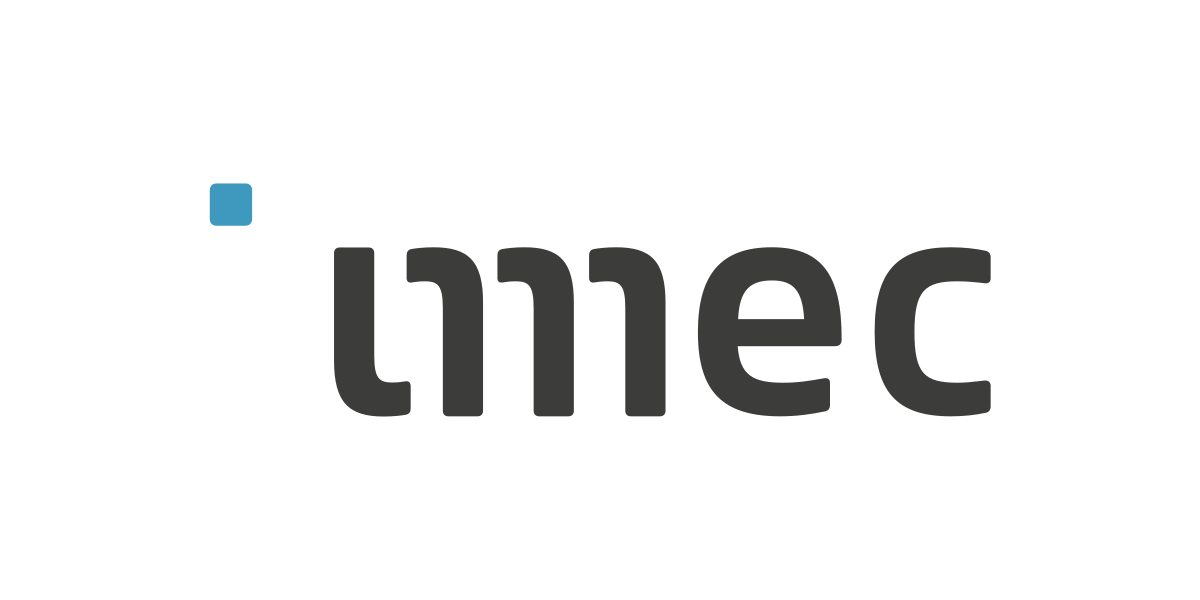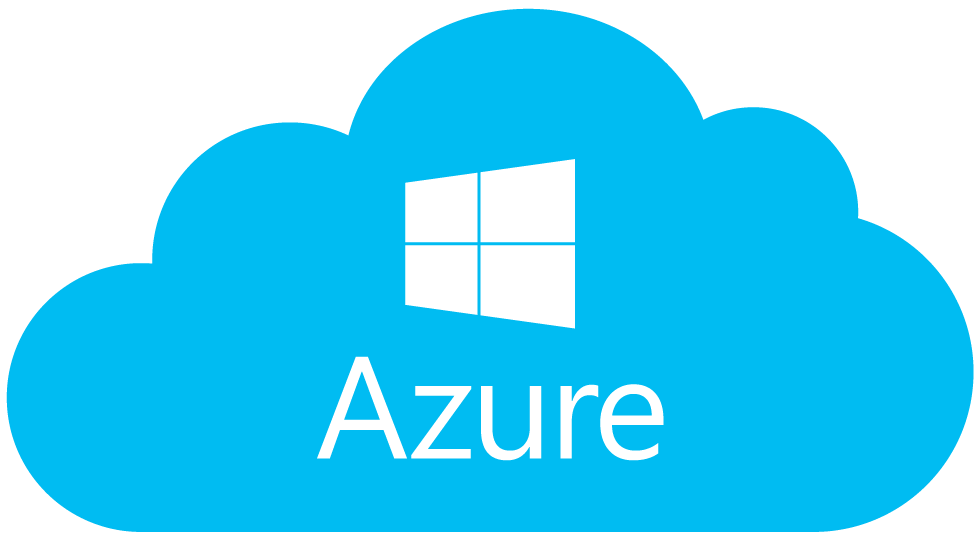Company update
Lynxcare was at the ICHOM conference in Washington and we are excited to talk about our experiences. ICHOM is the International Consortium for Health Outcomes Measurement, it is a non-profit organization that has the purpose to transform health care systems worldwide by measuring and reporting patient outcomes in a standardized way. LynxCare is an ICHOM techhub partner providing hospitals with technology to limit double data entry by automating outcome data collection, registration and follow-up. But first things first, why measure outcomes…
Why measure outcomes?
Ernest Codman (MD, Harvard Medical, 1914) was one of the first to acknowledge the importance of collecting outcome data: “Every hospital should follow every patient it treats long enough to determine whether the treatment has been successful, and then to inquire “if not, why not” with a view to preventing similar failures in the future.” Learning from previous experiences and learning from each other to improve performance is still very valid today. However, which outcomes and how outcomes have been collected has changed tremendously. Until 1990 outcomes were generally limited to inpatient mortality or infection rates, which of course doesn’t provide us the full picture to demonstrate why one surgery approach works better than the other. These type of outcome data don’t reflect acuity, complexity, co-morbidity and other components of care quality such as the experience of the patients themselves (the patient-reported outcomes). The last 10 years different parties have been working towards capturing a more complete outcome data set as it is critical to understanding real outcomes.
Value-based healthcare
This all seems logic, but why did it take so long to motivate physicians, hospital departments to collect this more extensive set of outcome data. The fee-for service approach -in which payments are based on the amount of healthcare services- has a lot to do with it. In this payment model there is no time for extensive outcome collection and hospitals aren’t rewarded for doing that. Fortunately, we are now transforming towards value-based healthcare which is a delivery model where hospitals and physicians are paid based on patient health outcomes. Under the value-based care agreements, providers are rewarded for collecting and improving outcomes. This shift has led to a more patient-centric approach with collecting outcome data that matter most to the patients.
How to measure outcomes?
Finally, we’ve come to the point of how to measure outcomes in an appropriate and efficient way. As previously mentioned, in addition to clinical outcome data that are being reported by the physicians in medical reports, patient-reported outcomes should be collected as well by providing patients with questionnaires at different times during their care pathway. ICHOM has published standard sets for patient-reported outcomes in different disease areas. By 2017, they will cover 50% of the global disease burden and it is still evolving. Technology partners have played an important role in facilitating the process of collecting these outcome data in an efficient way. Together physicians, initiatives like ICHOM and technology partners can work towards optimizing outcomes. We are happy to be part of this and look forward for future collaborations!






